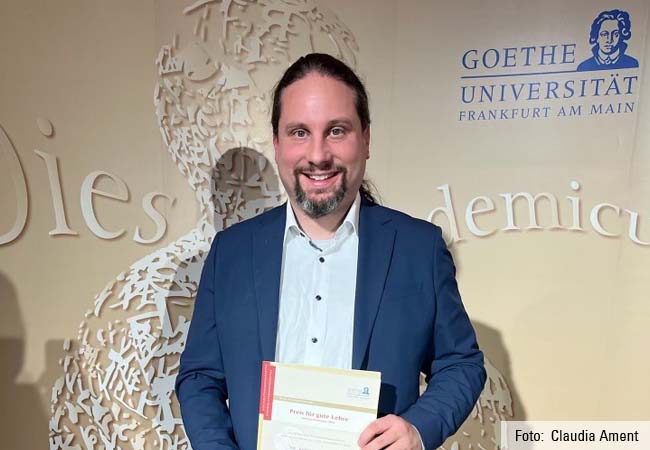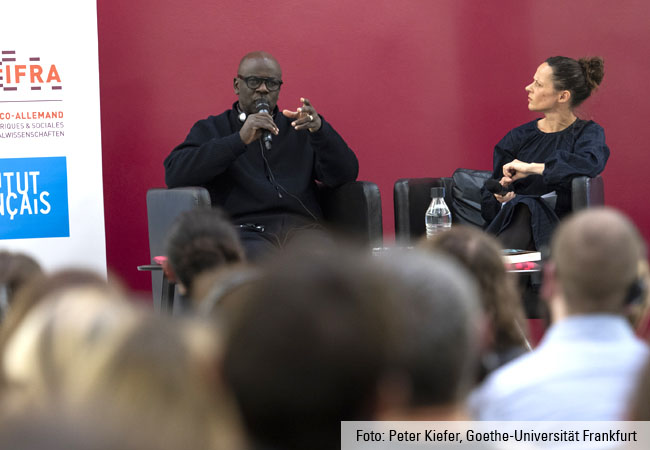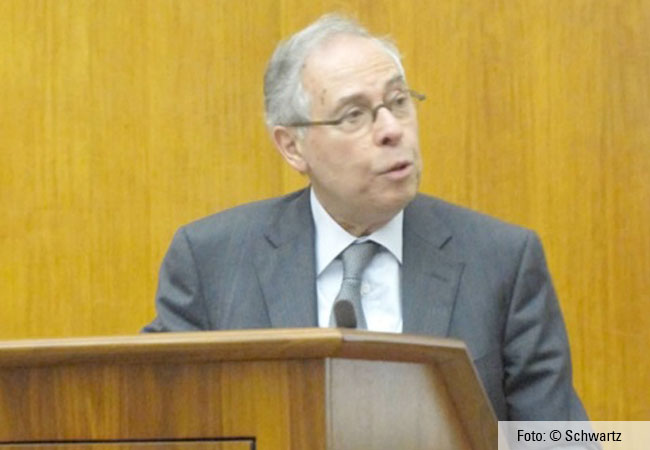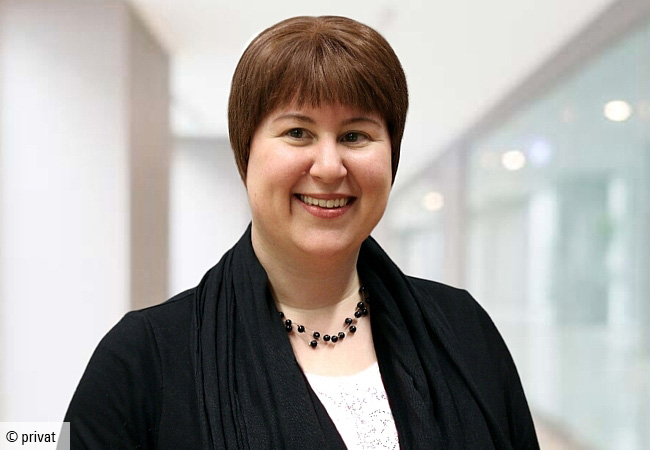Comparatist Achim Geisenhanslüke conducts research into the role of rhythm as a descriptive and analytical category.
It’s a concept familiar primarily from music, but also often applied in other areas: the rhythm of the tides, the rhythm of work and leisure, the rhythm of architectural facades, or for that matter cardiac arrythmias. The role that is – or should be – ascribed to rhythm as a descriptive and analytical category in literary theory: that is the subject Professor Achim Geisenhanslüke will research as part of a new German Research Foundation-funded Reinhart Koselleck Project.
Achim Geisenhanslüke’s interest in the concept of rhythm in literature dates back to his early academic career. After studying general and comparative literature at Freie Universität Berlin and Université de Paris VIII-Saint-Denis, he completed his doctorate with a thesis on Foucault and literature, and even before gaining his habilitation (qualification for a teaching career in higher education) had published an essay on the poetics of Meschonnic. French poet, linguist and literature scholar Henri Meschonnic (1932-2009) wrote a critique of structuralist and post-structuralist literary theories, which marked the beginning of rhythm’s rising importance. However, this process is far from complete, says Geisenhanslüke, who has been researching and teaching at Goethe University Frankfurt since 2014.
New ways of studying literature
As part of his Reinhart Koselleck Project, he will work on a poetics of rhythm with the aim of mainstreaming rhythm as an analytical and descriptive category in literary studies. His approach is to link questions about rhythm’s fundamental importance to theory and practice in poetry (= poetics) with specific ways in which the phenomenon is given shape in poems. Indeed, Geisenhanslüke already turned his attention to rhythm within stylistics while investigating the prose of Marcel Proust, but the Koselleck Project will focus on rhythm in poetry. Be that as it may, isn’t the rhythm of poems just called “meter”? Not at all, says Achim Geisenhanslüke. While it is true that rhythm describes “form in motion” in poetic speech, its scope extends beyond that of meter. The concept of rhythm has special potential for modern poetry in particular, he says, adding that too little research has been done in this field to date.
This deficit is all the more surprising if one recalls that Greek poet Archilochus already identified rhythm as an important feature of poems in the seventh century BCE. In the fifth century BCE, Greek philosopher Plato stated that rhythm is defined by the number and type of syllables. The focus of Achim Geisenhanslüke’s research is on much later literary products. He will carry out three sub-studies to discover more about the topic: The first one will be dedicated to rhythm in the poems of Friedrich Hölderlin, while the second will consist of a critique of Foucault’s theory of discourse, which he wants to expand by adding the concept of rhythm. The third and final sub-study will examine rhythm as a “form in motion” in poems from the Modern period up to the present day, from Annette von Droste-Hülshoff and Charles Baudelaire to Thomas Kling. The DFG funding will provide the framework for examining all these aspects: The project will receive a total of €750,000 over a period of five years; the funds can be flexibly assigned to cover deputizing, personnel, assistants, workshops and conferences.
Conference to mark Foucault’s 100th birthday
The DFG funding line that has been awarded since 2008 is named after Reinhart Koselleck (1923-2006), one of the most important German historians of the 20th century, who is regarded as a co-founder of modern social history. Reinhart Koselleck Projects are awarded to “outstanding researchers with a proven scientific track record.” To qualify for approval, their projects must be exceptionally innovative or higher-risk. In Achim Geisenhanslüke’s case, the risks lie in the attempt to take a comparativist approach to research rhythm – i.e. a concept that is equally central and underestimated in literary studies – with the aim of generating new impetus in poetics. It is about nothing less than modifying today’s literary convictions – turning away from the dualism of signifier and signified in favor of the idea that meaning is also created by the temporal structure of literary speech. One of the project’s highlights is scheduled for 2026: a major conference to mark the 100th anniversary of Foucault’s birthday.












